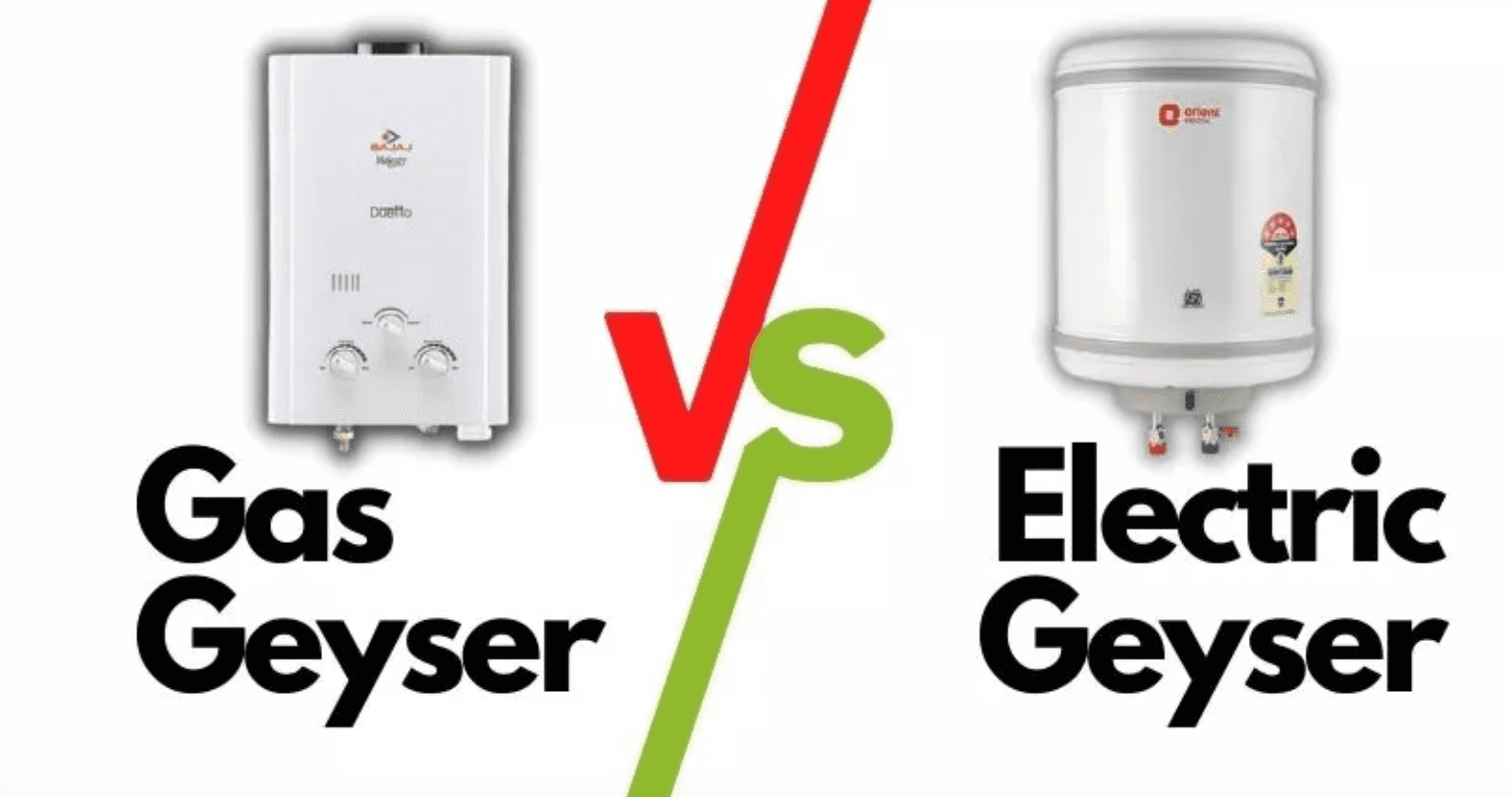The Cost Advantage of Using a Gas Geyser Over an Electric Geyser in South Africa Amidst Eskom's Price Increases

Submitted: Wednesday, August 28th, 2024
Original Article: Link
The Cost Advantage of Using a Gas Geyser Over an Electric Geyser in South Africa Amidst Eskom's Price Increases
In South Africa, where electricity prices have been rising steadily due to the challenges faced by Eskom, households and businesses are increasingly looking for more cost-effective energy solutions. One area where significant savings can be realized is in the choice between a gas geyser and an electric geyser for water heating. This article explores the cost advantages of using a gas geyser over an electric geyser, particularly in light of Eskom's electricity price increases.
Rising Electricity Prices in South Africa
Eskom, South Africa's primary electricity supplier, has been under immense pressure due to operational inefficiencies, infrastructure challenges, and rising costs. As a result, consumers have faced substantial increases in electricity tariffs over the past decade. These price hikes have put a strain on household budgets, making electricity one of the more significant expenses in South African homes.
In 2023, Eskom implemented a 18.65% tariff increase, and further increases are anticipated in the coming years as the utility seeks to cover its costs and maintain the grid. These rising costs have made it imperative for consumers to consider alternative energy solutions to reduce their monthly electricity bills.
Cost Comparison: Gas Geysers vs. Electric Geysers
1. Initial Installation Costs
- Electric Geysers: Typically, electric geysers have lower upfront installation costs compared to gas geysers. The installation process is relatively straightforward, especially if replacing an old electric unit. However, this initial saving can be misleading when considering long-term operational costs.
- Gas Geysers: The initial installation cost for gas geysers can be higher due to the need for proper ventilation, gas supply lines, and potentially a more complex setup. Despite this, the long-term savings often outweigh the initial investment.
2. Operational Costs
- Electric Geysers: Electric geysers are known to be significant consumers of electricity, particularly in households where hot water is used frequently. The cost of running an electric geyser can be substantial, especially during peak electricity tariff periods. With the ongoing electricity price increases from Eskom, the monthly operational costs of electric geysers are likely to continue rising, putting more pressure on household budgets.
- Gas Geysers: Gas geysers operate on liquefied petroleum gas (LPG) or natural gas, which is generally more cost-effective than electricity, especially in the current South African context. Gas geysers heat water on demand, meaning they only consume energy when hot water is needed, unlike electric geysers that maintain a constant temperature. This on-demand system significantly reduces energy consumption and lowers monthly utility bills.
3. Energy Efficiency and Usage Patterns
- Electric Geysers: Electric geysers continuously use energy to keep water hot, even when not in use, leading to higher energy consumption. During periods of high electricity prices, this continuous consumption becomes even more expensive.
- Gas Geysers: Gas geysers are typically more energy-efficient because they only heat water when required. This efficiency translates into lower overall energy consumption and reduced costs. Additionally, gas prices have been more stable compared to electricity tariffs in South Africa, providing consumers with more predictable energy costs.
Long-Term Savings
Given the current trajectory of electricity price increases in South Africa, the long-term savings associated with gas geysers become even more apparent. While the initial installation costs for a gas geyser may be higher, the reduction in monthly energy bills can lead to significant savings over time. As electricity prices continue to rise, the cost gap between running an electric geyser and a gas geyser will only widen, making gas a more attractive option for budget-conscious consumers.
In the context of Eskom's escalating electricity prices, switching from an electric geyser to a gas geyser presents a clear cost advantage for South African households. The higher initial installation cost of a gas geyser is quickly offset by the lower operational costs and greater energy efficiency. As electricity tariffs continue to climb, the long-term financial benefits of using a gas geyser will only increase, making it a prudent choice for those looking to manage their energy expenses more effectively.
Did we spark your interest and are YOU looking for a gas geyser installation? Then answer a couple of questions and get a Quote here!
Fast, reliable, and professional service—hot water made easy! Looking for the best hot water solution? Check out our unbeatable packages and start saving today!

